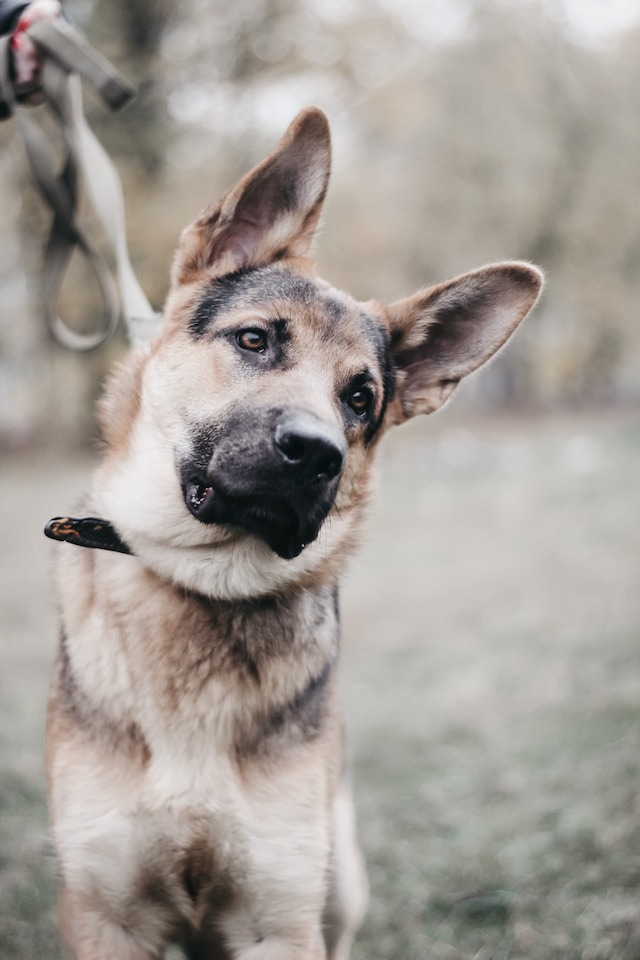Small breeds may be the right choice if you’re looking for a dog that’s easy on your budget and fits well with your lifestyle. Small dogs are typically cheaper to care for, eat less and have lower vet bills than their large counterparts. They also tend to live longer than their larger canine companions.
Less Space Needed
There are plenty of options if you’re looking for a small dog breed to suit your lifestyle. These smaller pups are ideal for apartments, condos and other compact living spaces. They’re also easier to transport than their larger counterparts, making them a great choice for families with young children. In addition, they are also much cheaper to care for than larger breeds, which makes them the perfect pet if you’re on a budget!
Of course, it’s essential to know that not all small dogs are created equal. Some tend to hog space in your home, leading to clutter and a less-than-optimal experience. However, some are surprisingly capable of fitting in your living room. You may check sites like Pawrade for information about other small dog breeds.
Less Eating
One of the best things about owning a small dog breed is that they need less eating than larger dogs. This is especially true if you choose a pet food designed specifically for small dog breeds. While they don’t need as much energy as large breeds, little dogs still need a well-balanced diet to maintain their health. Feed them food formulated for their specific size, which is higher in proteins and carbohydrates, to provide the necessary nutrients. It’s also essential to ensure your little dog gets enough exercise – no matter his size. They need regular walks, even if they are trained on puppy pads, to help their bones and joints keep healthy.
Less Noise
Small dog breeds, like miniature poodles, Chihuahuas and terriers, are generally known for their calm demeanor. However, they still require consistent training and daily exercise to keep their bodies healthy. A small dog can also be difficult to train if they don’t have the proper socialization skills. That’s why it’s important to carefully choose a dog with a strong personality and trainability before you bring one into your home.
Some small dogs may be more prone to noise sensitivities than others. This could be a result of an experience or genetic predisposition.
Less Aggression
Besides being cute, small dogs tend to be less aggressive than larger breeds. This may be because they are more relaxed and aware of their size. Regardless, dog aggression is a behavioral problem that can be addressed with proper socialization and training. Aggression can be directed toward anyone, or it can be a specific type of behavior, such as territorial aggression. Territorial aggression is a behavior that occurs when your dog defends his space or your home from someone it perceives as an intruder. It can be difficult to stop and requires a lot of control.
Less Training Needed
The amount of training small dog breeds need is usually much less than that of larger dogs. They can learn faster, retain more information and are eager to please their owner by obeying commands. Despite their small size, these dogs need proper socialization and behavioral training. A lack of these skills can result in anxiety and aggression issues, which isn’t good for anyone. Fortunately, it’s easy to train these pups with positive methods. For example, reward them with treats, playtime and praise when they do things like come when called or stay.
Less Travel Needed
The benefits of owning a small dog breed include less travel required to accommodate the furry members of your family. If you’re planning a vacation or business trip, it might be worth taking along your best travel buddy to enjoy the scenery and experience some well-deserved R&R. In addition to reducing stress on your wallet; smaller dogs are much easier to transport through airport security and baggage claim areas. And you’re more likely to find a friendly face with a small dog than in a large breed. Some of the more notable small dog breeds include the Bichon Frise, Italian greyhound, Maltese terrier and the Pomeranian.
Less Maintenance
Small dog breeds are excellent for pet parents who want to maintain a low-maintenance lifestyle. They are often more affordable than larger breeds, require less exercise and don’t produce as much waste. They can also be surprisingly easy to groom and bathe with little strain. This makes them a great choice for busy pet parents who need help to spend hours bathing and grooming their larger dogs. Regardless of their size, all dogs need daily training to help them learn what is expected from them and how they should behave in certain situations. Early training sets the stage for a more well-adjusted and happy dog later in life.

 Keeping Your Hearth in Top Shape: The Value of Routine Fireplace Repair
Keeping Your Hearth in Top Shape: The Value of Routine Fireplace Repair  Septic Systems: Maintenance Tips for Homeowners
Septic Systems: Maintenance Tips for Homeowners  Timeless Elegance: A Guide to Buying Your First Antique Shelf Clock
Timeless Elegance: A Guide to Buying Your First Antique Shelf Clock  Fostering Tranquility: Infusing Personal Well-Being into Home Renovation Ventures
Fostering Tranquility: Infusing Personal Well-Being into Home Renovation Ventures 


